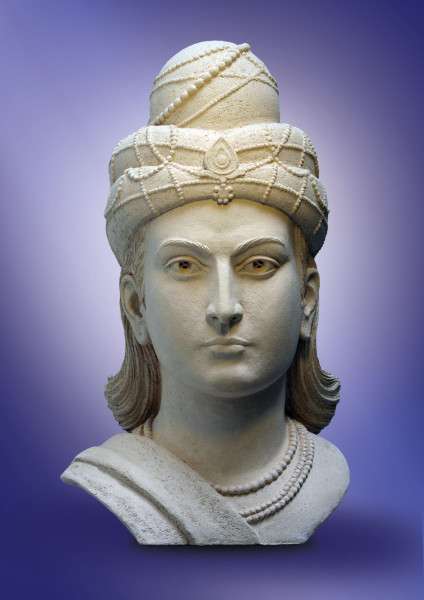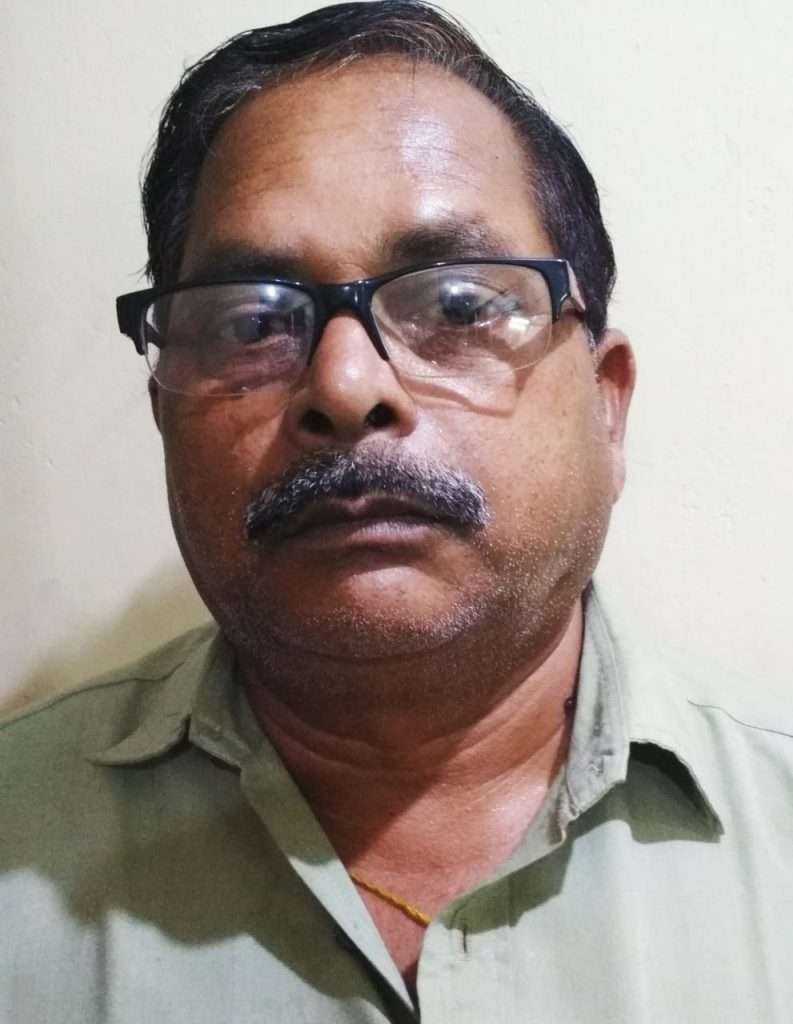Every literate person knows Ashoka, the great, the mauryan emperor of ancient India. He was the son of Bindusara. Asoka’s transformation from chandasoka to Dharmashoka is a unique phenomenon in Indian history. After the Kalinga war, Ashoka became smitten with remorse, having sean the bloodshed of the war. Ashoka, then, followed the path of Gautama Budha, the founder of Budhism.From violence to Non- Violence, Asoka became an ideal king of India.
Asoka’s various inscriptions suggest that he devoted himself to the propagation of Dharma meant – “a moral polity of active social concern, religious tolerance, ecological awareness, the observation of common ethical precepts and the renunciation of war. For example –
a) Abolition of death penalty
b) Plantation of banyan trees and mango groves, and construction of rest houses and wells every 800 metres (12 mile).
c) Restriction of killing of animals in royal kitchen.
d) Provision of medical facilities for humans and animals.
e) Encouragement to respect for elders, generosity toward priests and ascetics and frugality in spending.
f) Appointment of officers for the welfare and happiness of the people.
g) And above all, promotion of welfare of all beings so as to pay off his debt to living creatures and work for their happiness in this world and the next.

Ashoka was believing in Lok and Parlok.It may here be mentioned that Ashoka advised the people not to spend unnecessarily specially in birth days, anniversaries etc. But now a days it has become a fashion to observe birth days. This is not good. We should abide by the advice of Ashoka. Ashoka instituted a new category of officers called the Dharma mahamattas who were entrusted with the welfare of the aged, the infirm, the women and children and the various religious seets. Also they were sent on diplomatic missions to the Hellenistic kingdoms of west asia in order to propagate the Dhamma. In the year 1837 James Princep, a British civil servant, deciphered the Ashokan inscriptions and there by more facts became known about Asoka.
Ashoka was the beloved of the Gods – Devanam piyadassi. Sri Lankan Manuscript Dipavamsa said- “Two hundred and eighteen years after the beautitude of the Budha, was the inauguration of piyadassi… who the grandson of Chandra gupta and the son of Bindusar was at the time Governor of Ujjaini.” Maski minor Rock edict says – “A proclamation of Devanam priya Asoka. Two and half years have passed since I am a Buddha. Sakya. A year has passed since I have visited the sangha and have shown Zeal. Those Gods who formerly had been unmingled (with men). In Jambudvipa, have how mingled (With them).
This object can be reached even by a lowly (Person) who is devoted to morality. One must not think thus that an exalted person may reach this. Both the lowly and the exalted must be told – If you act thus, this matter will be prosperous and of long duration and will thus progress to one and a half.” Not only in Indian History, but in world History also, Ashoka occupies an important place, His ideals and bonhomie can not be found in other parts of the world. His other worldliness in also rare among kings. He can be called a Rajarshi – a saintly king like Raja Janaka in the Ramayana. He may called a philosopher king also. India, that is Bharat is fortunate to have the legacy of such an Ideal emperor named Ashoka.
(The views expressed are the writer’s own.)

Radhakanta Seth is a former Income tax officer in Sambalpur. He is a freelance writer and his articles have been published in some Oriya dailies like Sambad, Samaj, Dharitri, and English dailies like The Telegraph and in a sociological journal ‘Folklore’ published from Kolkata.
He can be reached at [email protected]

